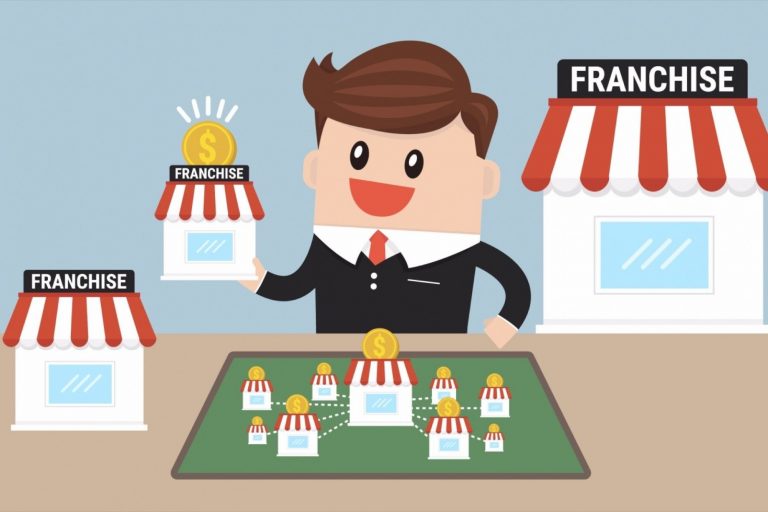The Most Important Money Generating Skills for Franchise Owners
To maximize profitability and long-term success, franchise owners should develop and refine a range of skills. Here are some of the most important:
- Business Acumen: This includes a basic understanding of business fundamentals like finance, marketing, operations, and strategy. Knowing how to read financial statements, for instance, can help you monitor your franchise’s performance and make informed decisions.
- Leadership: As the owner of a franchise, you’re responsible for setting the tone and culture of your business. Good leaders can inspire their team, foster a positive work environment, and drive the business toward its goals.
- Management Skills: This encompasses a broad set of skills, including project management, time management, and personnel management. Effective management can lead to a more productive workforce, better customer service, and ultimately, increased profitability.
- Customer Service: Providing excellent customer service can help attract and retain customers. It’s important to build a customer-centric culture and respond effectively to customer feedback and complaints.
- Sales and Marketing: While the franchisor often provides marketing support, franchisees typically need to complement these efforts with local marketing initiatives. This might involve local advertising, social media marketing, or community engagement. Sales skills can also help you convert potential customers into paying ones.
- Problem-Solving and Decision Making: Running a franchise will inevitably involve facing challenges and making difficult decisions. The ability to problem-solve effectively and make sound decisions can make the difference between success and failure.
- Networking: Building relationships with other franchisees, local businesses, and community members can provide valuable insights, support, and business opportunities. Attending franchise conferences and local business events can help with this.
- Adaptability: The business environment is constantly changing. The ability to adapt to changes – whether they’re shifts in customer preferences, new competitors, or regulatory changes – can help a franchise stay relevant and profitable.
- Negotiation: Franchisees often need to negotiate with suppliers, landlords, and possibly even the franchisor. Good negotiation skills can help secure more favorable terms, which can impact the bottom line.
- Compliance: Understanding and adhering to the franchisor’s rules and guidelines, as well as local, state, and federal regulations, is crucial. Non-compliance can lead to fines, lawsuits, or even the termination of the franchise agreement.
It’s important to note that franchisees don’t need to be experts in all these areas from day one. Many of these skills can be developed with training and experience. That said, franchisees who invest time and effort into developing these skills will often find it easier to grow their business and increase profitability.







